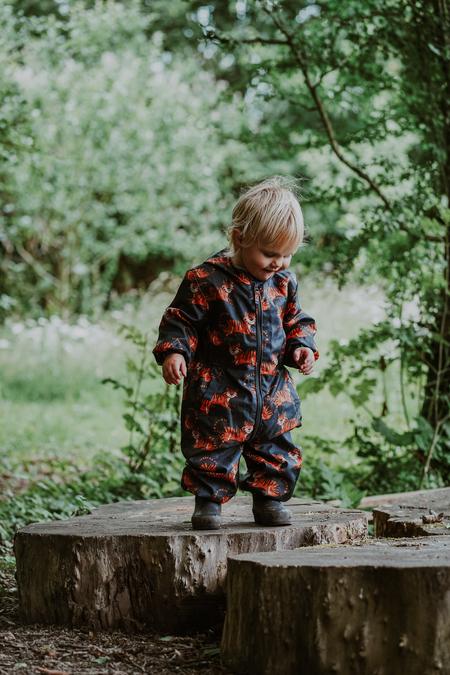- You are here:
- Homepage
- Community
- Sector Specialist Groups
- Nature Premium
- Why?
- Benefits of a Nature Premium
Short Term Benefits
- Improvement of children’s mental wellbeing outcomes – saving short-term cost of mental health interventions that have developed during lockdown.
- Encouraging higher levels of physical activity, addressing obesity levels that developed during lockdown.
- Building vitamin D levels and children’s immune systems, to help fight viruses.
- Reconnecting children and staff to nature, reducing stress levels.
- Reconnecting over 4,727,090 children to nature; children’s experience with nature is varied, with almost 25% spending time outside less than once a month.
- Benefiting ethnic minority children (33% average in primary schools), improving their health and encouraging diversity in countryside experiences.
- The likely return of investment. OECD research shows that investment in early years/ primary age has a greater return than in secondary education.
- Helping children manage their own safety, understand the importance of hygiene, prevent cross-contamination and play within their coronavirus safety bubble.
- Enabling schools to bring in Forest School / Outdoor Learning experts who can facilitate nature connection and contact. The expertise exists in the outdoor education and conservation industry.
- Enabling good quality Outdoor Learning to start immediately rather than putting pressure on teachers to go through additional training. This is an immediate solution to the staff capacity problem.
- Supporting teaching outside to reduce the risk of COVID-19 and other airborne diseases.
- It is in line with Natural England and Defra research and policies.
- It is in line with the Chief Medical Officer’s statements and medical research.

Medium Term Benefits
- Enabling Head Teachers to support Outdoor Learning and all its benefits avoiding difficult either/or decisions because of limited resources.
- Providing opportunities to access existing local outdoor learning provision and residential courses.
- The improvement of vulnerable children’s mental wellbeing outcomes – reducing the investment required for existing conditions.
- Encouraging higher levels of physical activity, addressing obesity levels that are the result of deprivation and lifestyle.
- Fulfilling a curriculum requirement from the Ofsted framework to create an enriched curriculum.
- Improving levels of children’s creativity; a PISA criterium for 2021-22.
- Compatibility with the government published A Green Future: Our 25 Year Plan to Improve the Environment.
- Compatibility with Natural England and Defra research and policies.
Long Term Benefits
- Building children’s understanding of how they fit into the British countryside.
- Building children’s knowledge of environmental issues and how they can care for their local community and the planet.
- Building the knowledge base of educators and children around biodiversity and the management of nature rich school grounds.
- Building a generation that can develop the economic value of the UK wildlife and countryside.
- Preparing students to study the new GCSE in natural history.
- Preparing a generation that will want to contribute to the National Nature Service.
- Preparing a generation that wants to work in green industries in the environmental sector.
- Showing commitment to the UN Sustainable Development goals.
- Setting a gold standard for education at an international level.
Will you join us in Championing Outdoor Learning?
Belong To The Leading Network of Outdoor Learning Professionals